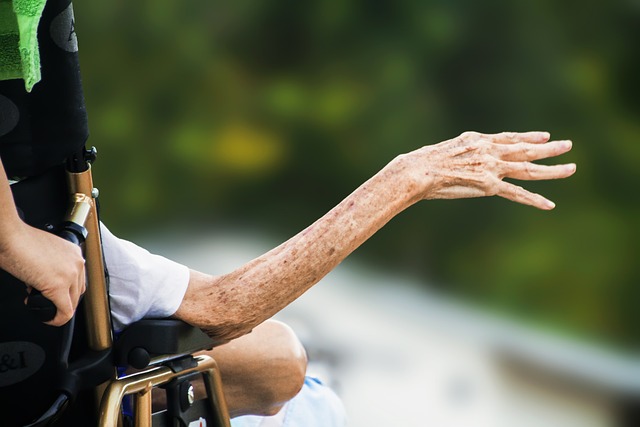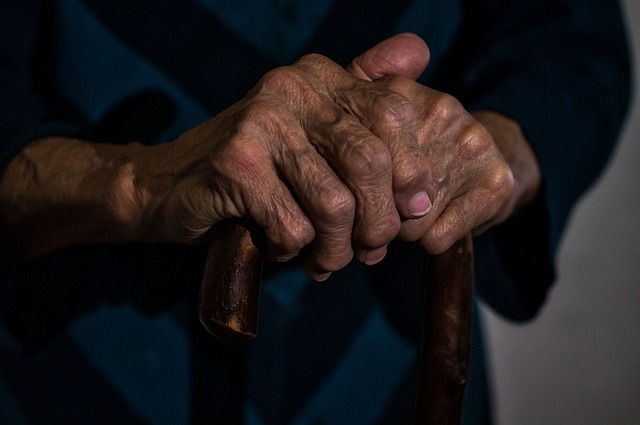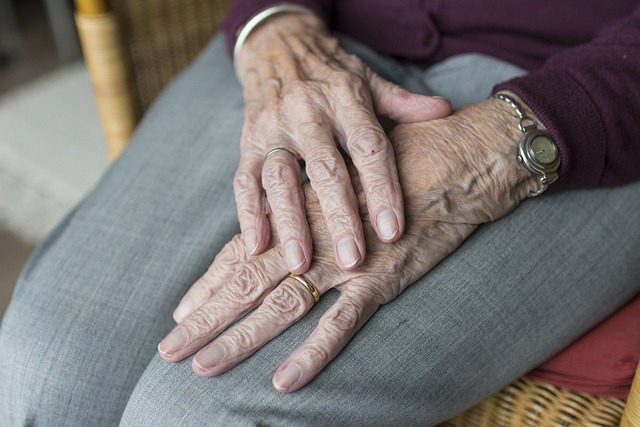Elderly companion services are vital for individuals with dementia, offering personalized and adaptive care that addresses their unique challenges. These services assist with daily living tasks, manage medications, and engage clients in meaningful activities to support emotional well-being and combat isolation. Professional companions provide tailored support that evolves with the progression of dementia, aiding in navigation of daily life and improving overall quality of life. Additionally, these services offer respite for primary caregivers and are grounded in evidence-based practices aimed at slowing cognitive decline and promoting mental sharpness. The comprehensive nature of these services includes social engagement, memory support, and connections with dementia care specialists like occupational therapists and activity coordinators. This holistic approach not only supports the individual but also provides families with peace of mind. Access to these services is facilitated through various avenues including consultations, coordination with healthcare providers, and community resources, ensuring that elderly companion services are an integral part of dementia care management for seniors and their loved ones.
navigator, dementia care, companion services, senior support, accessibility, elderly assistance
Elderly companion services play a pivotal role in the lives of those navigating the complexities of dementia. This article delves into the multifaceted support systems designed for seniors, offering a comprehensive overview of the services available and their benefits. We explore how these services can be accessed and the significant impact they have on the well-being of individuals with dementia. Join us as we unravel the intricacies of elderly companion services within the context of dementia care, ensuring a clear understanding of the role they fulfill in providing essential support to our aging population.
- Understanding the Role of Elderly Companion Services in Dementia Care
- Comprehensive Overview of Dementia Support Services for Seniors
- The Benefits of Elderly Companion Services for Individuals with Dementia
- Navigating and Accessing Elderly Companion Services for Dementia Patients
Understanding the Role of Elderly Companion Services in Dementia Care

Elderly companion services play a pivotal role in the lives of individuals with dementia, offering a range of support that extends beyond mere companionship. These services are tailored to address the unique challenges posed by dementia, including memory loss, cognitive decline, and emotional well-being. Professional companions provide personalized care that helps maintain the daily routines and activities of those affected, fostering an environment where individuals can thrive despite their condition. The support workers assist with medication management, encourage engagement in meaningful activities, and offer a consistent presence that can mitigate feelings of loneliness and confusion. By providing such targeted assistance, elderly companion services contribute significantly to the overall care strategy for dementia patients, enhancing their quality of life and enabling families to have peace of mind knowing their loved ones are cared for in a compassionate and skilled manner.
The benefits of elderly companion services in dementia care are multifaceted. These services not only offer practical support with tasks such as meal preparation and light housekeeping but also provide much-needed respite for primary caregivers. The companions are trained to handle the evolving needs of individuals with dementia, adapting their approach as the disease progresses. This adaptability ensures that the level of care remains appropriate and effective throughout the various stages of dementia. Moreover, by integrating evidence-based practices into their daily interactions, these services help slow cognitive decline and promote mental acuity, demonstrating the profound impact they have on the lives of those with dementia.
Comprehensive Overview of Dementia Support Services for Seniors

For seniors grappling with dementia, a suite of support services is available to enhance their quality of life and provide much-needed assistance to both individuals and their families. Elderly companion services are pivotal in this sphere, offering not just companionship but also personalized care that addresses the unique challenges dementia presents. These services often include assistance with daily activities, medication management, and memory support, all tailored to maintain the dignity and independence of the senior. Additionally, these programs are designed to foster engagement and social interaction, which are crucial for mental well-being. They connect individuals with a network of professionals who specialize in dementia care, including occupational therapists, activity coordinators, and geriatric care managers. This holistic approach ensures that seniors receive comprehensive support, from practical day-to-day help to activities designed to stimulate cognitive function and emotional well-being. The goal is to create a supportive environment where dementia sufferers can thrive, despite the condition’s progressive nature. These services are not only beneficial for the individuals receiving care but also provide respite for caregivers, offering them the necessary break to manage their own health and personal responsibilities effectively.
The Benefits of Elderly Companion Services for Individuals with Dementia

Elderly companion services play a pivotal role in the lives of individuals with dementia, offering both emotional and practical support that can significantly enhance their quality of life. These services provide a consistent presence that can help alleviate feelings of loneliness and isolation often experienced by those with dementia. Companions offer not only social interaction but also assistance with daily tasks, medication reminders, and a watchful eye to ensure the safety of those under their care. This attentive caregiving contributes to maintaining the individual’s independence for as long as possible, fostering a more familiar and comfortable environment that can help reduce the anxiety and confusion associated with dementia.
Moreover, companion services are tailored to meet the unique needs of each person, which means that support can be adapted as the disease progresses. This personalized approach ensures that individuals with dementia receive the appropriate level of care at every stage, from early-stage assistance with social engagement and daily activities to more advanced care focusing on comfort and emotional well-being. The benefits of these services extend beyond the immediate support, as they also provide respite for family caregivers, allowing them to take necessary breaks while having peace of mind that their loved ones are in capable hands. This holistic approach to care through elderly companion services is invaluable for both the individuals with dementia and their families.
Navigating and Accessing Elderly Companion Services for Dementia Patients

For individuals managing dementia, having access to elderly companion services can significantly enhance their quality of life and provide much-needed support for caregivers. These specialized services are designed to offer a range of assistance tailored to the unique challenges presented by dementia. They pair trained companions with seniors, offering companionship that helps prevent isolation often experienced by those with dementia. These companions can assist with daily activities, encourage social engagement, and provide comfort during moments of confusion or distress.
Navigating these services may initially seem daunting, but they are structured to be accessible for both the individual with dementia and their families. Many programs offer a free consultation to determine the level of support required and to match clients with a companion whose skills align with the patient’s needs. Additionally, these services often work closely with healthcare providers to ensure a cohesive approach to care. This collaboration ensures that the elderly receive consistent and effective companionship, which can lead to improved cognitive function, emotional well-being, and overall safety. Accessing such services is facilitated through community resources, government programs, or direct payment options, making it easier for families to find the right support in their dementia journey.
In conclusion, the array of elderly companion services available to individuals with dementia plays a pivotal role in enhancing their quality of life. These services, which span from companionship and social engagement to practical support with daily tasks, are tailored to meet the unique needs of seniors affected by dementia. By offering personalized care and fostering a supportive environment, these services enable better management of the condition, ensuring that those living with dementia can maintain their dignity, independence, and well-being. Accessing these vital resources is crucial for families navigating the challenges of dementia care. It is clear that elderly companion services are not just beneficial but indispensable in the journey of caring for individuals with dementia.






